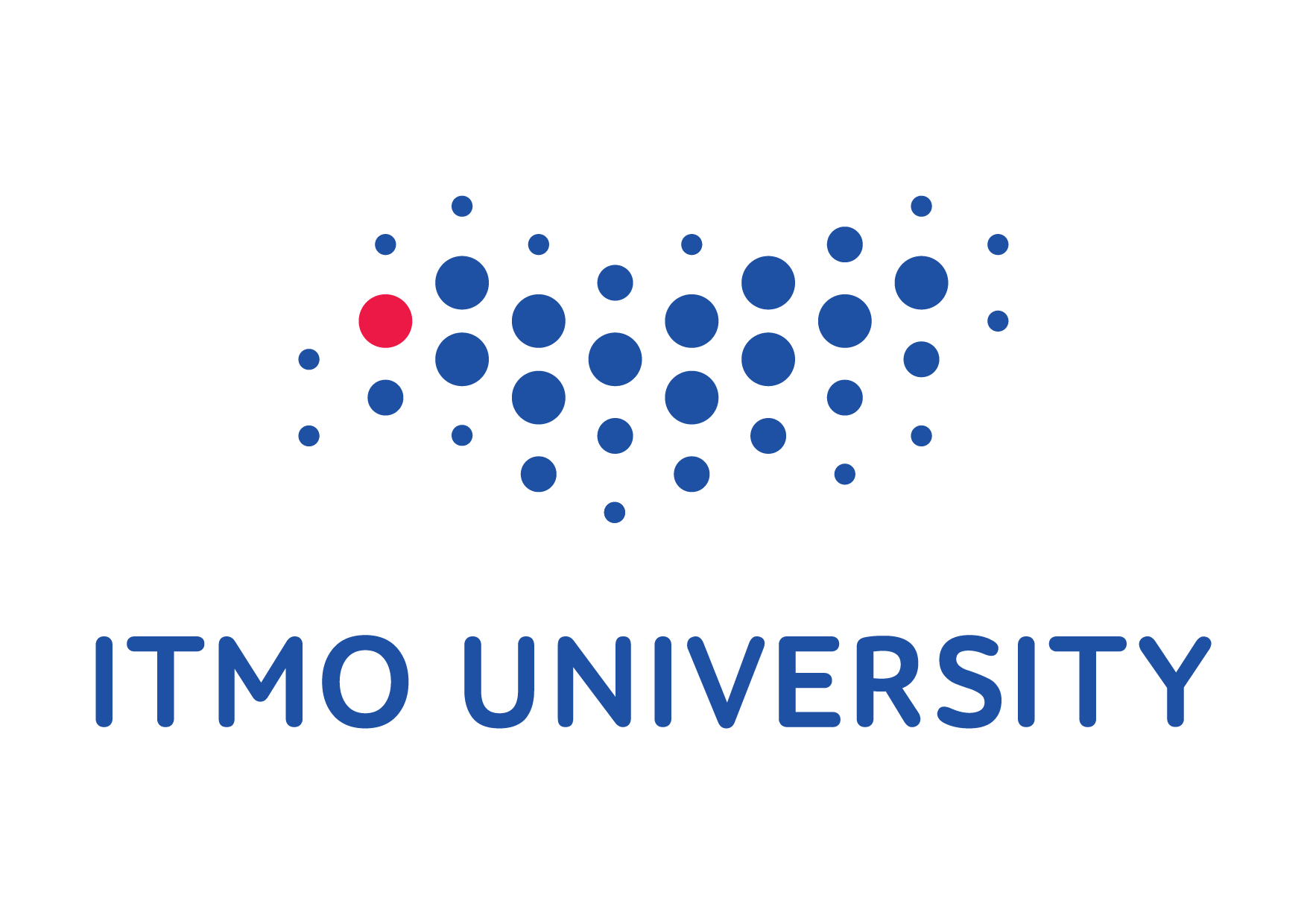ITMO: ITMO Launches New Master’s Program in Industrial AI
Special features of the program
As applications of artificial intelligence (AI) continue to multiply, such technologies are actively deployed in both traditional and contemporary fields – and industry is no exception. AI advances are used nearly in all stages of production, from the design of systems meant to improve products’ efficiency and automate supplier selection procedures to production, logistics, and promotion. This can be well illustrated by computer vision systems, which are commonly used in the industry to detect various defects. As stated in a report by Capgemini consulting agency, most manufacturing companies today are turning to AI to predict the timing of equipment failures and develop efficient maintenance scheduling.
Nevertheless, only 11% of Russian companies apply AI-based solutions and half of the remaining ones plan to introduce such technologies within the next four years. These are last year’s presented by Vladimir Averbakh, SberBank’s senior managing director and the head of the department of national development. According to experts, one of the possible ways to stimulate the application of such solutions is through timely training specialists in related fields. The industry needs professionals who understand digital processes and know how to apply smart technologies (text/speech/image analysis and processing, decision-making systems, etc.) and promising AI methods.
To supply the market with such specialists, ITMO University is launching a Master’s program called , which will welcome its first students in September. The program is implemented in cooperation with the university’s and .
The program makes it possible for students with IT and non-IT backgrounds (geology, oil, engineering, etc.) to acquire AI and machine learning skills that they can then apply in their fields.
“AI in the Industry is one of the programs that were created as part of the by the Russian Ministry of Science and Higher Education. Its idea stems from the current trends towards digital transformation of Russian companies. It covers multiple sectors and lets students enrich their understanding of various products and their specifics with machine learning methods, knowledge engineering, and computer modeling. The program will equip students with the skills and knowledge necessary to implement AI-based technologies and develop systems based on methods and algorithms that are already at work,” says Anna Kalyuzhnaya, the head of the AI in the Industry Master’s program.
Career prospects
With a degree in industrial AI, specialists can pursue their careers as data engineers, data scientists, data/business analysts, or AI systems developers at industrial R&D and analytics departments. They can also work as AI engineers at Russia’s top research centers.
Students can find employment at the university’s Natural Systems Simulation lab and other departments operating within the National Center for Cognitive Research, or the AI Research Center “Strong AI in Industry.”
The curriculum
The program pays particular attention to hands-on learning by letting students work on various R&D projects offered by Gazprom Neft’s Science and Technology Center and Siemens. Within two years, students will solve real-life industrial problems and thus develop competencies that will guide them through the entire cycle of developing and introducing AI-based systems at enterprises. In particular, graduates will be competent to design, develop, and validate digital objects (recommender systems, predictive models, etc.) with AI models based on real data, as well as ensure their adaptation and audit their performance.
The program offers two specializations: AI in Full-Cycle Production (with a focus on large distributed companies) and AI in the Extractive Industry (with a focus on mining enterprises, especially carbon ones).
During their studies, students can intern at Gazprom Neft’s Science and Technology Center and ITMO’s National Center for Cognitive Research. There, they will be offered to deal with R&D cases from major Russian and world companies, such as Gazprom Neft, Gazprom, and Rosneft, and tackle scientific challenges of research centers, such as the Krylov State Research Center and others.
“ITMO’s is a long-time partner of Gazprom Neft’s Science and Technology Center where our students do their internships, conduct research, and participate in various seminars. However, we remain open for cooperation with other companies, too, including through R&D projects. We’ve been partnering with companies for scientific activities for a long time, and we’re eager to replicate this experience in educational processes, as well,” comments Anna Kalyuzhnaya.
How to apply
The program is designed for students with some knowledge of Python, linear algebra (for working with vectors and matrices), probability theory, and statistics, as well as basic skills in data processing and analysis using machine learning methods.

